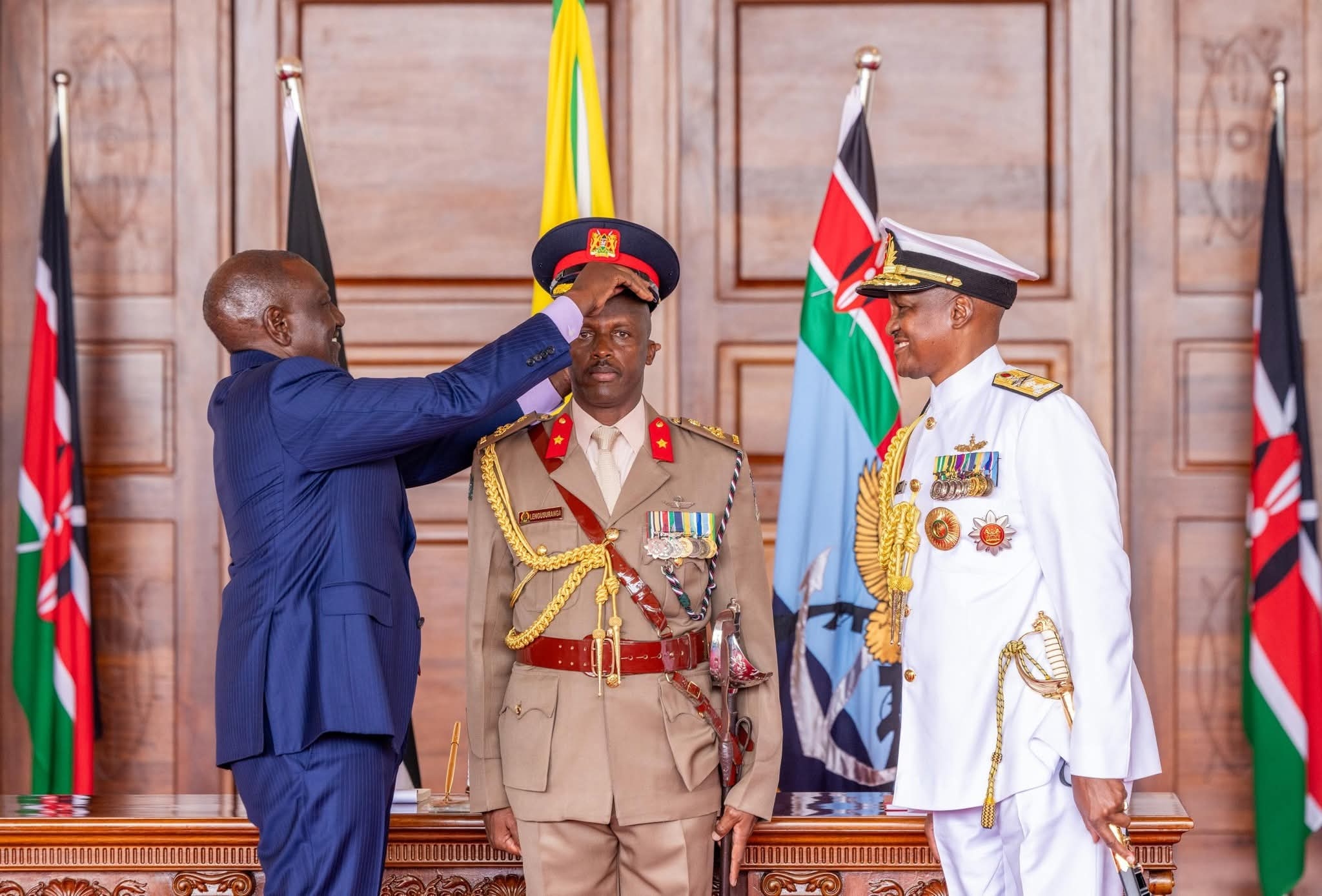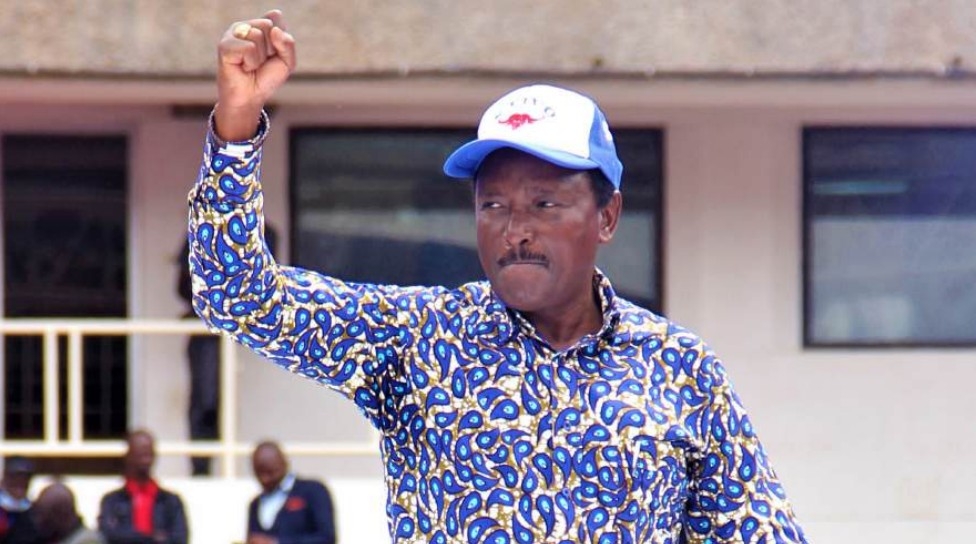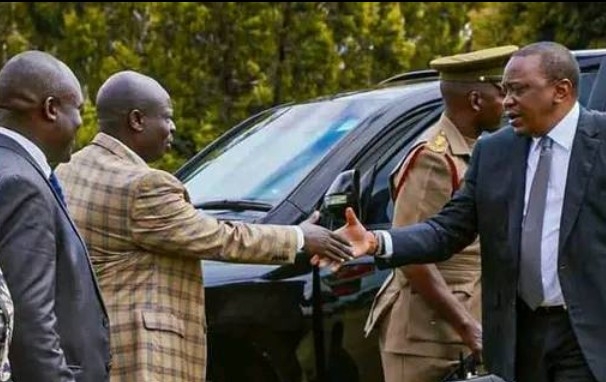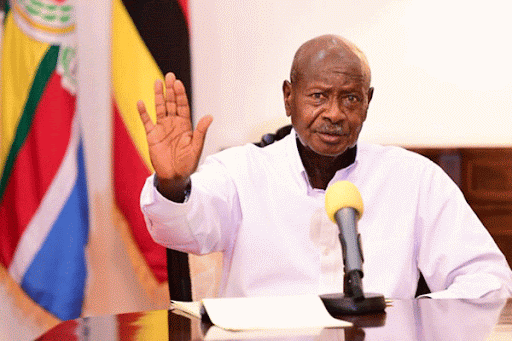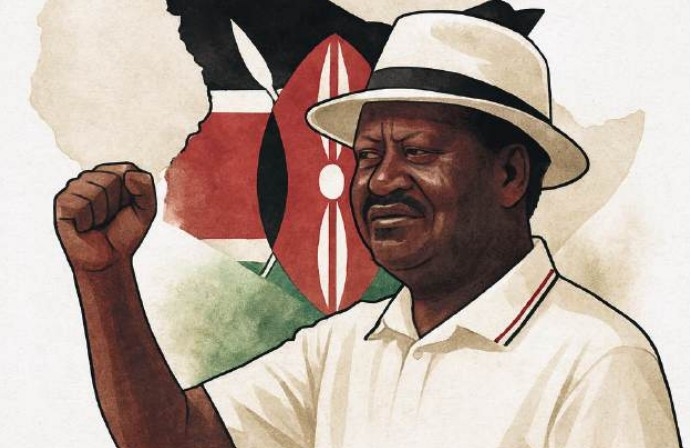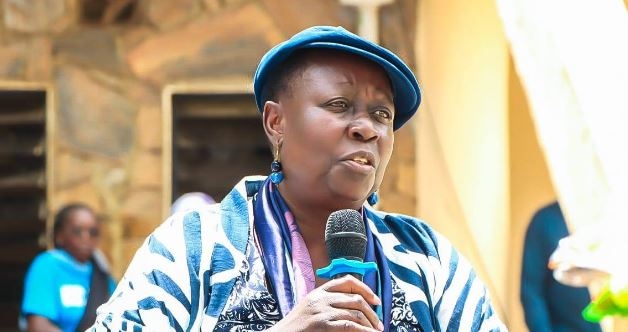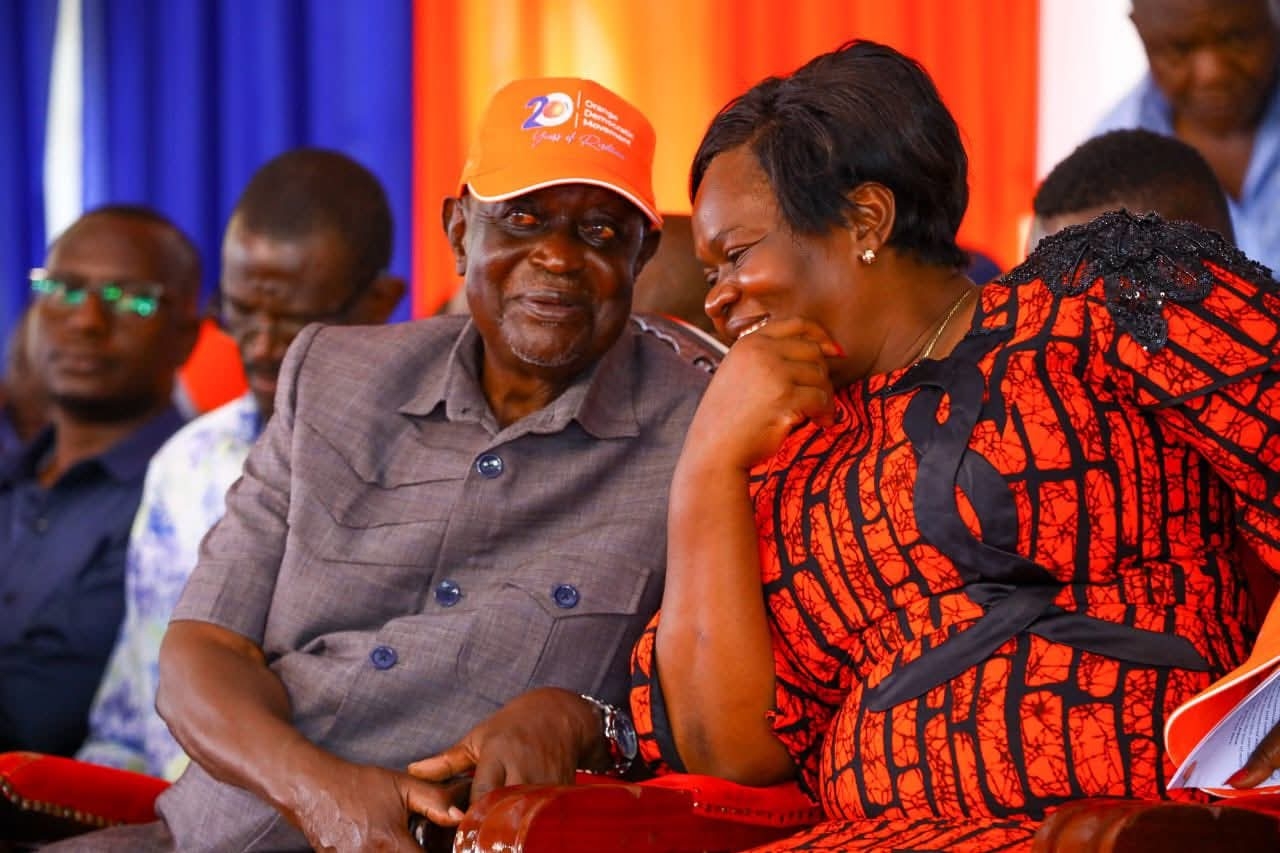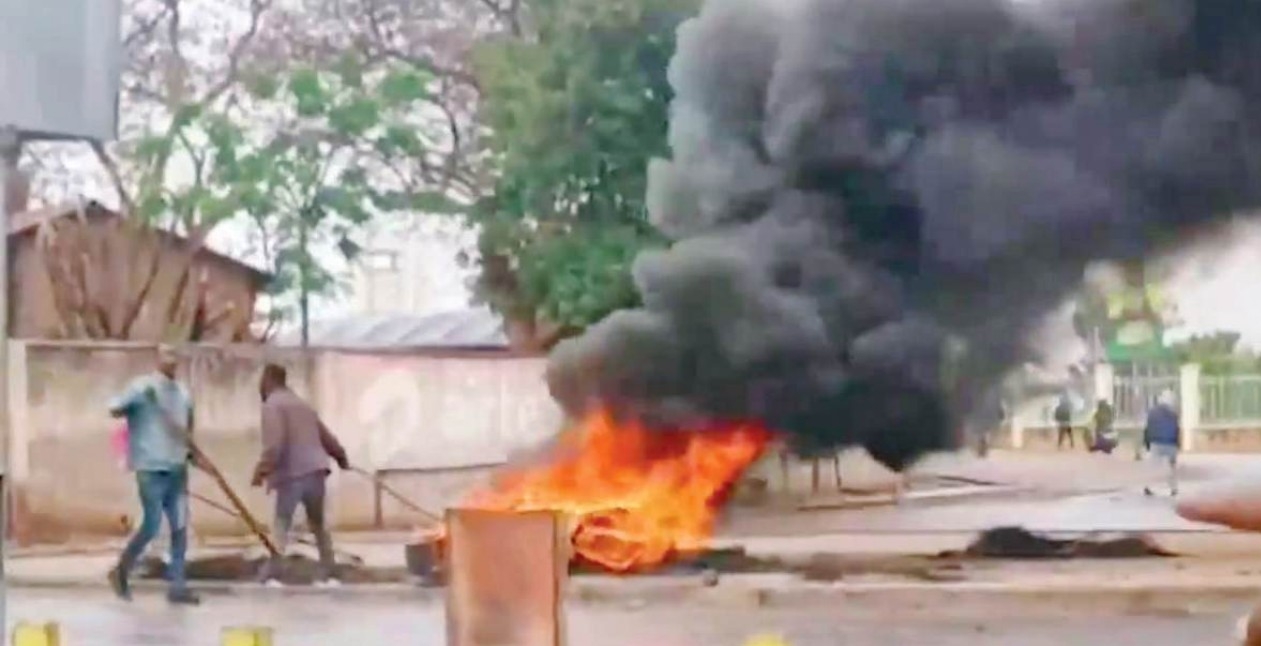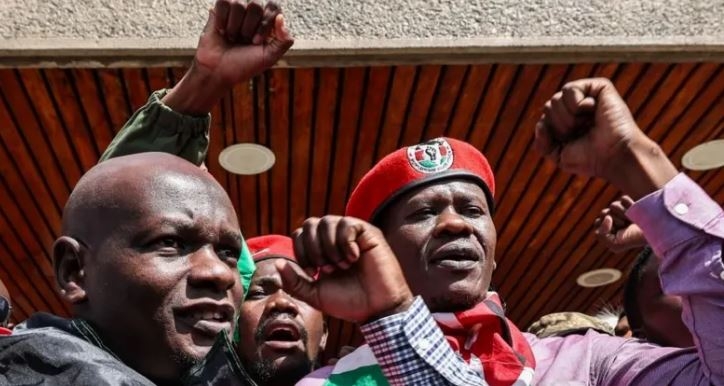
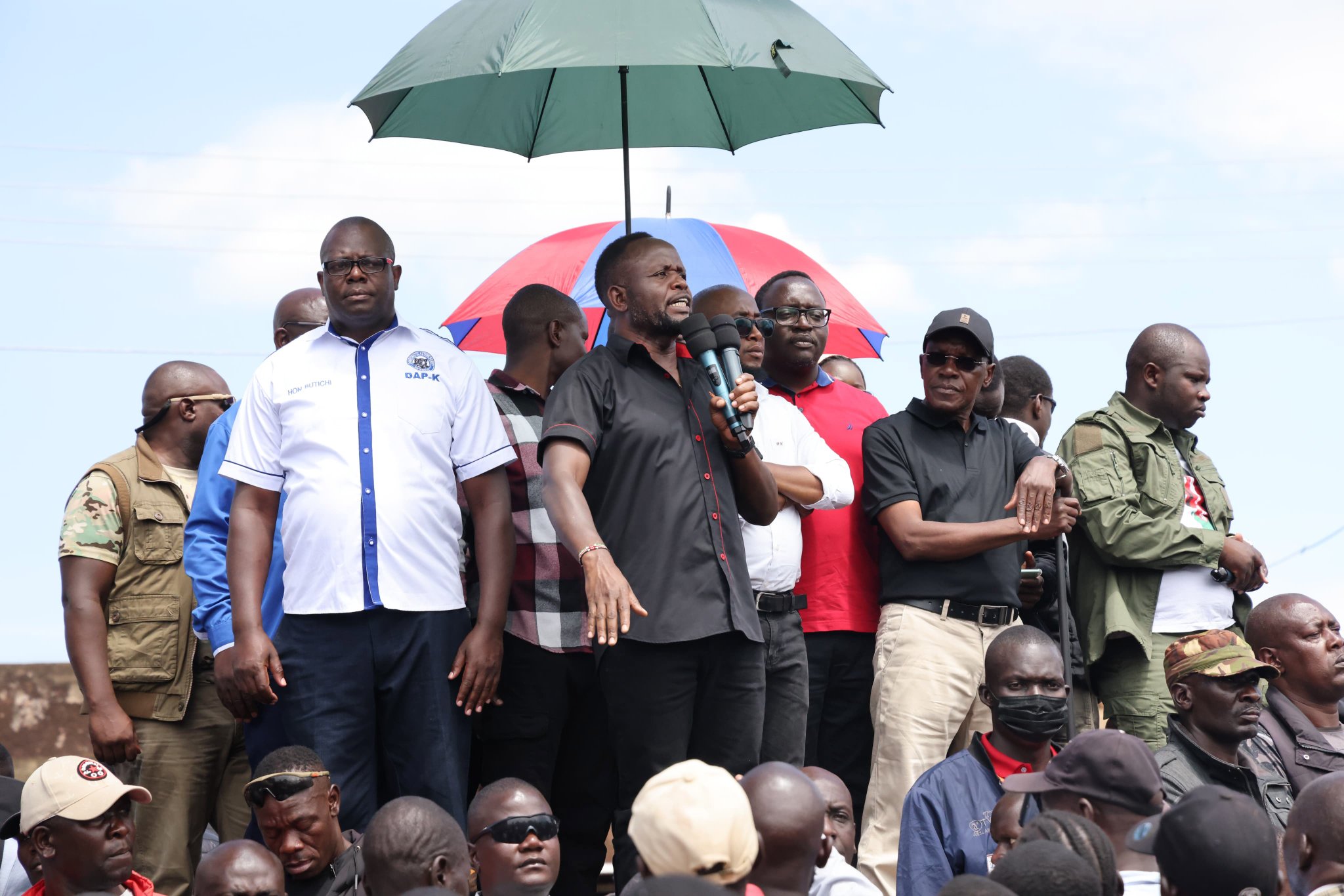
His outspoken criticism of traditional political elites has
resonated with a younger generation of voters, positioning him as a fresh voice
in the region.
Adding to Natembeya’s rise is speculation that he could play
a major role on the national stage. He has been touted as a possible running
mate to Wiper Party leader Kalonzo Musyoka during the 2027 elections.
The idea of a Kalonzo-Natembeya ticket has sparked debate,
with some analysts suggesting it could inject new energy into the opposition,
while others caution that it could deepen rifts among Western politicians.
DAP-K National Executive Council member Chris Barasa says
Natembeya’s rise has caused unease within the camps of Mudavadi and Wetang’ula.
“They have held senior positions in government for a very
long time but there is very little they have done for Western Kenya. No major
development, no job creation,” he said.
“Natembeya has identified with the vision of the people and
is advocating for the community’s unity and progress.”
Saboti MP Caleb Amisi, one of Natembeya’s closest allies,
described the governor as a symbol of generational change in the region’s
politics.
“I am among the few leaders standing with Natembeya. He is
being targeted but I will not abandon him,” Amisi said, urging dialogue and
mutual respect among leaders.
“When your son goes wrong, you do not discipline him in
public. You talk to him privately. The government should not declare war on
Natembeya while we cheer.”
Natembeya has in recent months intensified his criticism of
the region’s top leaders, accusing Mudavadi and Wetang’ula of lacking
“political independence”.
He argues that their current relevance stems mainly from
President William Ruto’s goodwill, given their positions as Prime CS and
Speaker of the National Assembly.
In response, Wetang’ula has called for restraint and respect
from younger leaders.
Speaking during the launch of the Turbo–Shikhendu Road on
October 30 , he urged upcoming politicians to avoid divisive rhetoric.
“We were once in their position, but we chose to respect
those ahead of us. That is what helped us grow politically,” he said.
Political analyst Albert Kasembeli said Natembeya’s boldness
has resonated strongly with a younger generation of voters frustrated by what
they perceive as stagnant leadership.
He said Natembeya has positioned himself as a fearless
reformer who speaks candidly about issues affecting ordinary citizens, from
unemployment and corruption to underdevelopment and poor infrastructure.
“His blunt criticism of leaders such as Musalia Mudavadi and
Moses Wetang’ula has earned him both admirers and detractors, but it has
undeniably elevated his visibility and influence across the region,” Kasembeli
said.
“It is harder to dismiss him now. Mudavadi and Wetang’ula
should not be sitting pretty as their supremacy is being challenged.”
For decades, Mudavadi and Wetang’ula have towered over
Western Kenya’s political scene, shaping national alliances and steering the
region’s political direction.
Mudavadi, who first entered Parliament in 1989, has held
numerous senior roles, including Vice President and Finance Minister, earning a
reputation as a moderate and experienced statesman.
Wetang’ula, a seasoned political tactician and Ford Kenya
party leader, has similarly been influential, leveraging his roles in
government and his partnership with Mudavadi to secure Western’s place in
national politics.
However, with the 2027 elections approaching, Natembeya’s
bold challenge signals a brewing generational shift, one that could redefine
the region’s leadership and alter Kenya’s broader political calculus.
Whether his rise translates into enduring political
influence remains to be seen, but one thing is clear: George Natembeya has
disrupted the status quo in Western Kenya’s politics.




